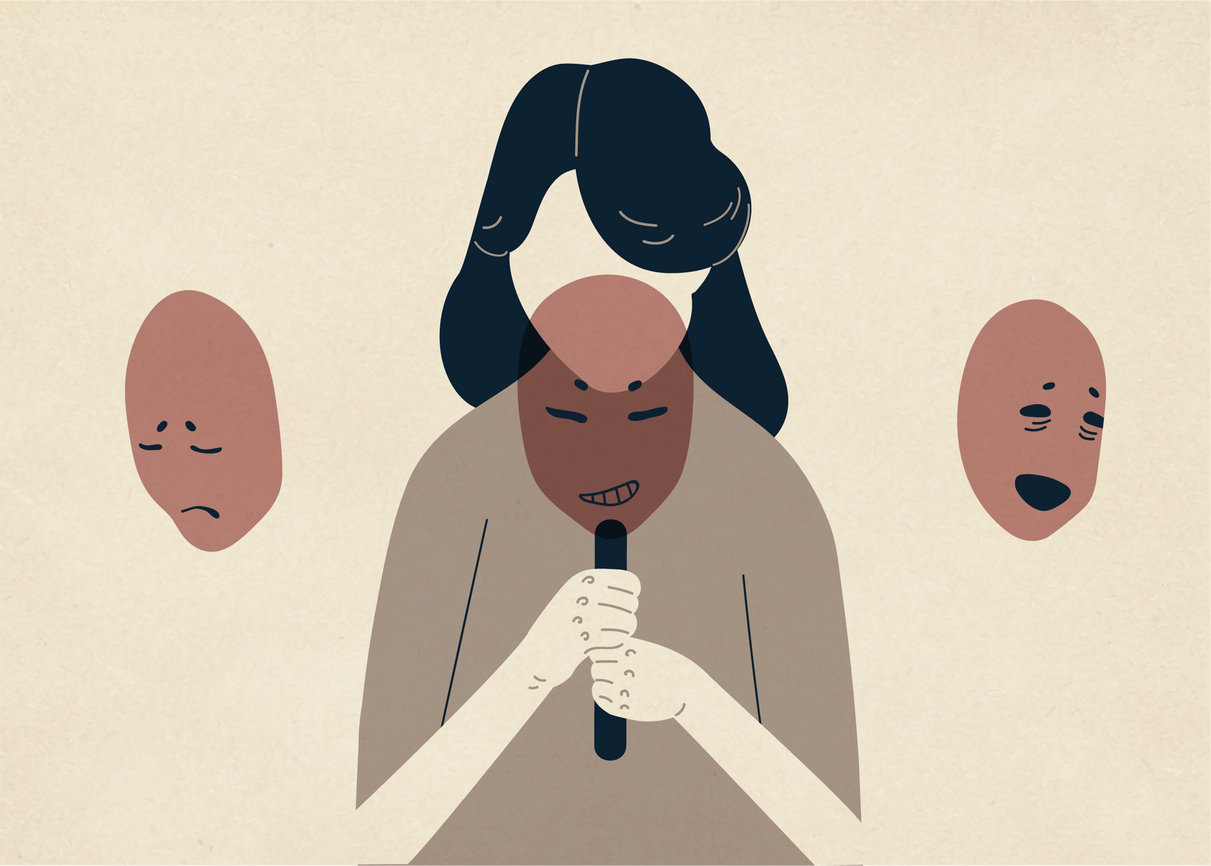From Imogen Wootton
The World Health Organisation highlights that mental health is shaped to a great extent by the social, economic and physical environments in which people live. The statistics and stories show us that we are failing to adequately support people by working individually with them. It is not a sustainable response to this crisis.
It can also inadvertently pathologise individuals and make friends and family who have the potential to support the individual, feel deskilled. We need to understand mental health in terms of people’s life experiences. Therefore we should focus resources on universal supports that seek to empower people whilst also working to reduce inequality to prevent these difficulties arising.
Told to us by Liz Simon via Facebook
“I had my quarterly mental health review last week. It lasted three minutes!”
A letter from reader Piers Griffin
Advertising helps fund Big Issue’s mission to end poverty
You ask for some experiences of the mental health care system and ask for some experiences of it. I would like to share mine.
I have just lost my brother to suicide. It has been, as you can imagine, an impossible time but through telling people Tom’s story, hopefully things can change, especially in the mental health system.
Tom had suffered with depression, drug-induced psychosis, and schizophrenia for nearly 10 years, with it slowly getting worse. He lived with my parents and things were difficult for them with violent episodes, and paranoia ruling Tom’s life. My parents could not cope.
The phone line to the mental health trust was always straight to answer machine and very rarely would they return calls
Throughout this time he had some form of support worker who would come once a month if he was lucky. These support workers would have one hour with Tom where they would try to get him to talk about his problems, but the carer was always changing and Tom could not trust them. We tried to begin contact with the support workers; at every corner we were cut off and denied any support or information on Tom due to “patient confidentiality”.
It was always firefighting the immediate problems. The phone line to the mental health trust was always straight to answer machine and very rarely would they return calls. If they did it may be a week later. The out-of-hours service took three days to respond to one of our emergency calls when Tom was being particularly violent. This made us feel very alone. The last attempt – my Dad wrote a pleading email for help to the team only to have a stock response of “thank you for your letter, this information is very useful for our records”.
When Tom took his life we were devastated, but began to look for clues in his room and found many letters from the mental health services. All detailed his diagnosis and more worryingly his talks with the psychiatrist which included his suicidal thoughts. None of this information we knew, we didn’t even know his diagnosis until we read these letters. The most worrying of all was the final letter from them. The team had cancelled meetings. Because Tom had not turned up to some they were discharging him from their care, leaving him with no support at all. This was heartbreaking to read.
Advertising helps fund Big Issue’s mission to end poverty
We had a meeting with a woman from the mental health team incident investigation board. She gave us the cold, hard truth about mental health services. No money, cut funds. Support workers have up to a 100 people to support and only three-day-week contracts. And many support workers are off for stress.
When you first lose someone to suicide there is guilt and blame floating around everywhere
We spoke with her about how we needed help as well, we didn’t know symptoms or diagnosis, we didn’t know anything about Tom’s condition, and again “patient confidentiality” came up. This I appreciate is an important clause in our medical system but when it means people are taking their own lives without any warning signs to the people closest to them, how can it still be right? There must be a way, to warn relatives without breaching patient confidentiality? I have heard so many similar stories in the last few months, it seems so wrong.
When you first lose someone to suicide there is guilt and blame floating around everywhere, and we were looking to blame the mental health workers. But this is not the case, the people who work on the ground are trying their best with dwindling resources and little support from the government. The whole subject of mental health is still taboo! And especially suicide. This makes it even harder to bring it into the minds of the general public.
We will always miss Tom. I have only talked about the negative, but Tom was a caring, lovely man, he had twin daughters and was an excellent artist. He also made a book of his pictures which were about his mental health struggles.
Thank you for reading my letter.










